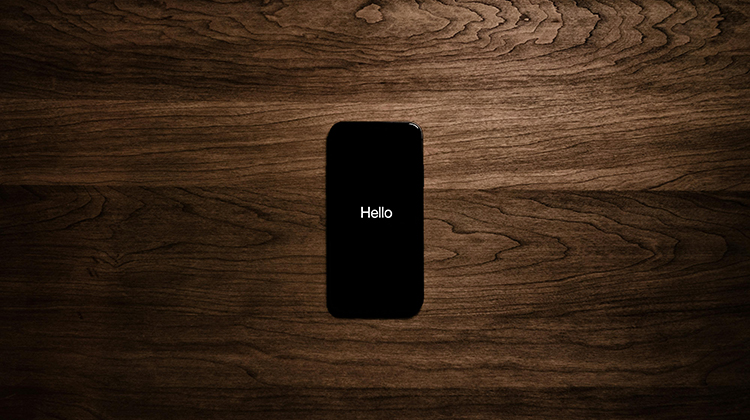Teachers Mobilise Digital Learning for Students with Disabilities

With mobile bans rolling out in many jurisdictions, knowing how these devices are used in real teaching contexts is an important part of adjusting appropriately to the bans.
How mobile technology is leveraged in specialist disability education is an under-researched area and some light needs to be shone on how mobile devices are being used to support students’ learning in specialist schools and in specialist support units within mainstream schools.
This is the question a team of researchers from University of Technology Sydney (UTS) set out to answer, with the help of survey responses from 126 teachers from across the country.
"There is a lot of rhetoric about the ways mobile technology can change learning for the better, but the reality often falls short" says Professor Paul Burke.
"Research has mostly focused on how mainstream schoolteachers support students’ learning with mobile devices," explains researcher Dr Kirsty Young. "Much less research has been done in special education settings, and what has been done tends to focus on mobile technologies as assistive devices or has a narrow focus on specific skill development."
"Our study was a response to the fact that not enough attention has been given to examining how mobile technology is used in a real teaching context. Our idea was to shed some light on the evolving relationship between teachers, students, and technologies," Prof Burke says.
A survey of 126 special education teachers shows they are actively designing a range of tasks for mobile digital learning.
Teachers rated personalisation – student control over when and where they perform the tasks, and the tasks’ content and sequence – as their most valued aspect of mobile learning and the teachers said using mobile tech encourages authenticity and real-world relevance for students.
Twenty-five (25) per cent of teachers said they created tasks that could be pursued at home and in the classroom, while another twenty-two (22) per cent created tasks that involved a range of locations.
Participating specialist disability teachers performed more seamless learning across multiple sites than had been found in previous studies of mainstream education.
Teachers rated their students overall learning and enjoyment highly for the mobile learning tasks.
Sixty-three (63) per cent of tasks involved a tablet such as an iPad, fifty-one (51) per cent of tasks involved students working across two or more apps.
“This is promising evidence about how special education teachers are embracing complex mobile learning tasks with their students," says Dr Young. "The way these enhance student agency and control was clear."